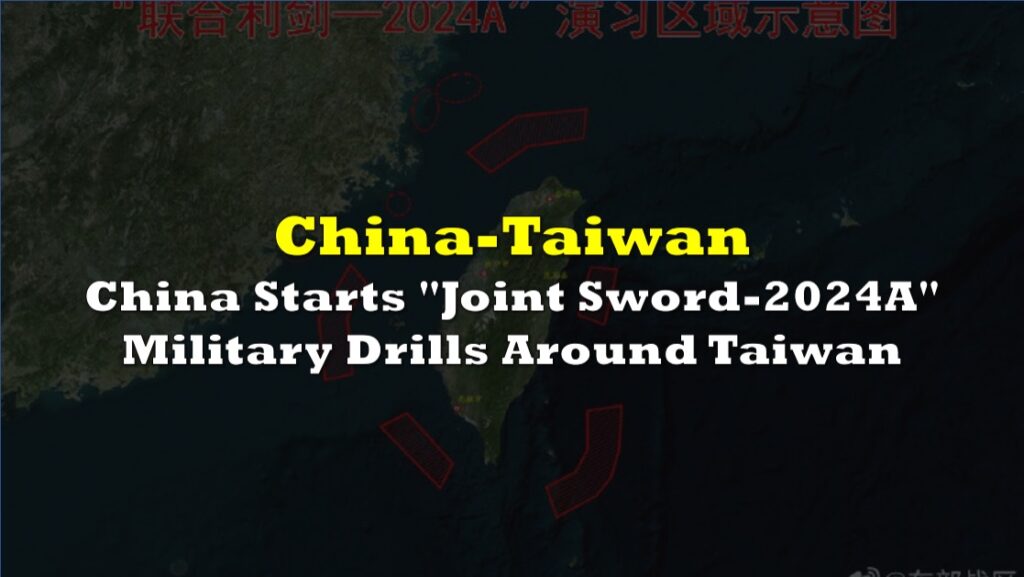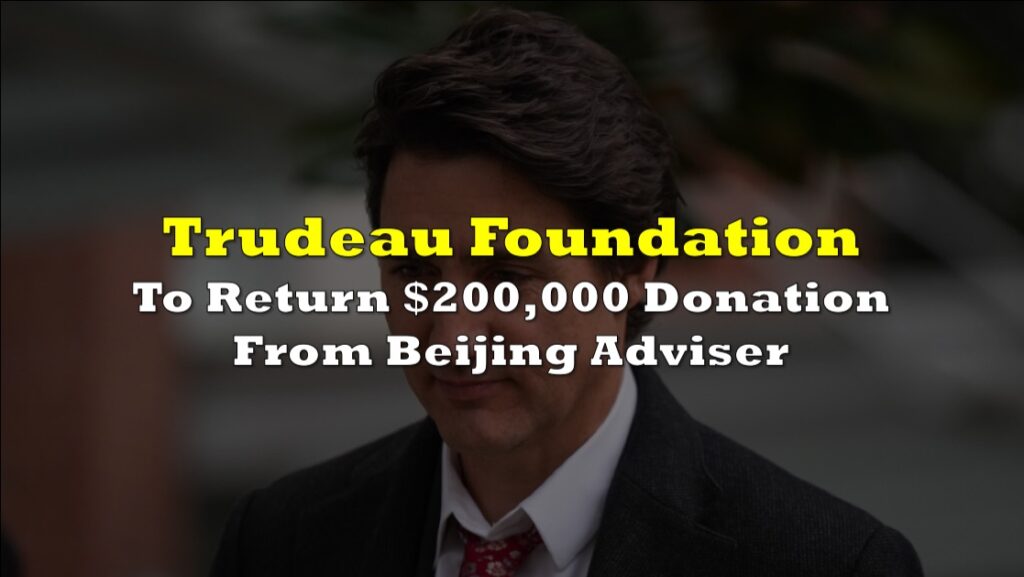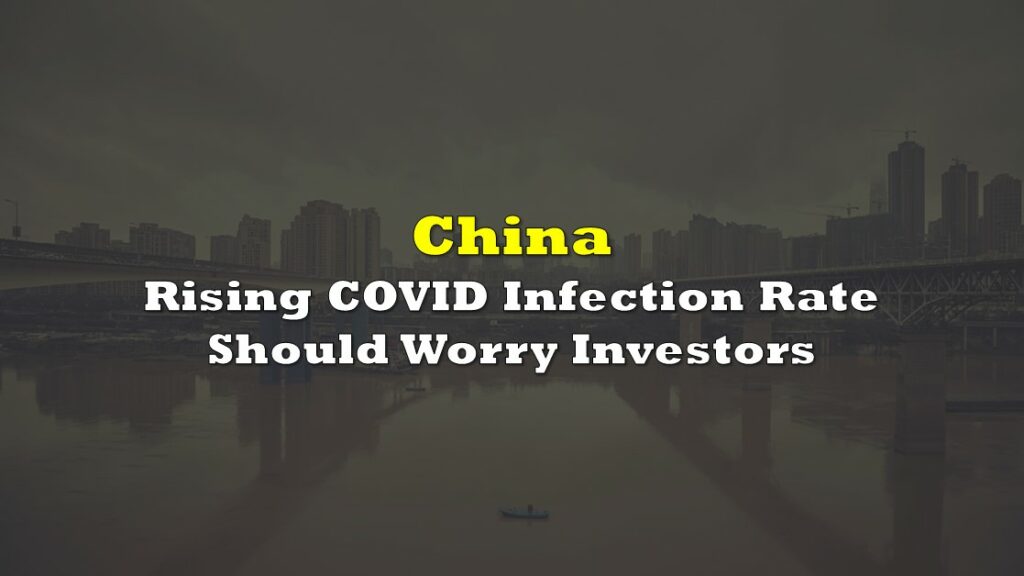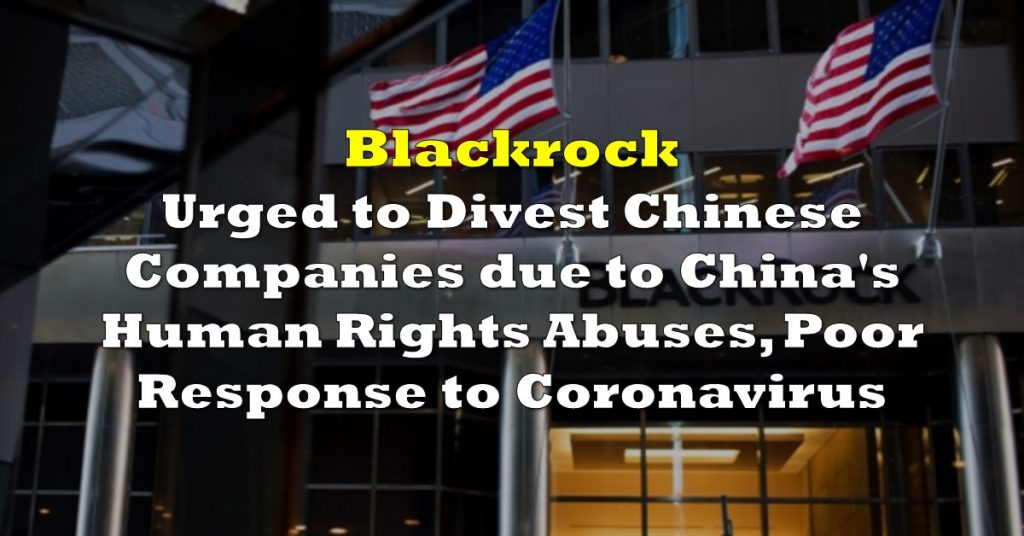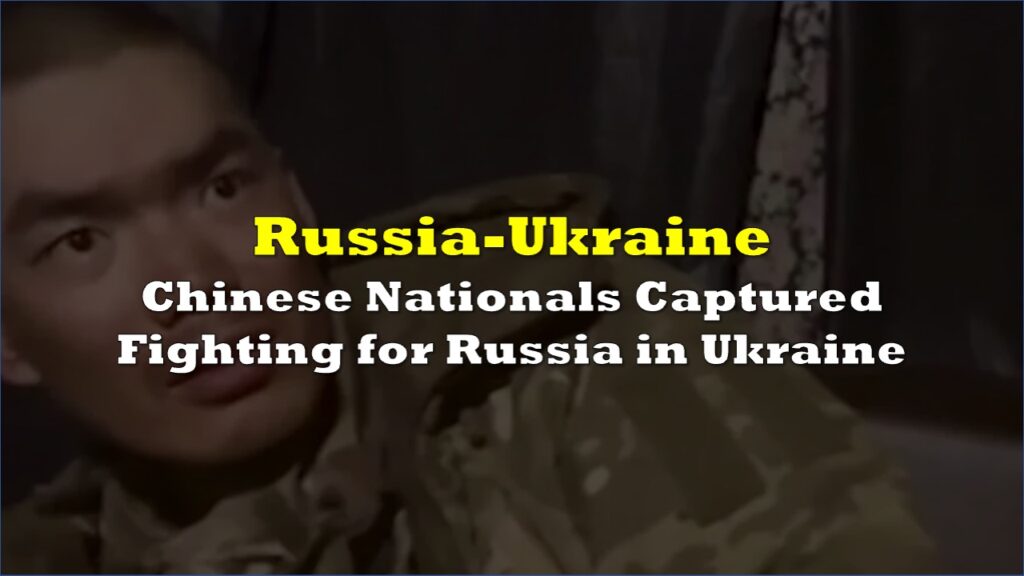FULL DISCLOSURE: This is sponsored content for Hertz Energy.
China’s decision to impose export controls on antimony has sent shockwaves through the global minerals market, raising fresh concerns about the West’s reliance on Chinese-controlled supply chains for critical materials.
On August 15, 2024, China’s Ministry of Commerce announced that it would begin enforcing export controls on antimony, a strategic metal used in a variety of military and industrial applications. The new controls, set to take effect on September 15, are the latest in a series of restrictions imposed by Beijing on minerals critical to global supply chains.
Antimony is primarily used as a flame retardant but also has vital roles in the production of batteries, solar panels, and, most significantly, in defense applications such as nuclear weapons and infrared missiles. In recent years, the U.S. Department of the Interior has labeled antimony a critical mineral due to its indispensable uses in munitions, precision optics, and other military technologies.
“China’s antimony restrictions come at a time when global demand is already outstripping supply,” said Christopher Ecclestone, a mining strategist at Hallgarten & Company. “This is not just about antimony for solar panels or batteries—this is about munitions and military readiness. The U.S. has no choice but to take this very seriously.”
While antimony is not a household name, it plays a vital role in military and industrial applications, including in nuclear weapons, infrared sensors, and batteries. China produces nearly half of the world’s antimony and accounts for over 60% of U.S. imports, making the country’s dominance in this market particularly troubling for Western nations reliant on the mineral for defense technologies.
“China is absolutely flexing its muscles here,” said Gracelin Baskaran, a critical mineral expert at the Center for Strategic and International Studies. “It’s a reminder that while the U.S. has been trying to secure its own supply of these minerals, it’s still deeply vulnerable.”
Antimony prices have surged throughout the year, driven by shrinking global supplies and increasing demand, particularly from the renewable energy and defense sectors. Analysts estimate that the market is already facing a significant shortfall, which could worsen as China’s controls take hold.
China’s recent export restrictions are widely seen as a form of retaliation against U.S. and European efforts to curtail Beijing’s access to key technologies. Over the past year, tensions between China and the West have escalated over everything from trade disputes to national security concerns, and China has increasingly weaponized its dominance in critical mineral supply chains as a response.
“China’s actions reflect its desire to protect its national interests in an era of increasing geopolitical tension,” said Markus Herrmann Chen, co-founder of the China Macro Group. “The antimony export restrictions are part of a larger strategy to consolidate control over strategic mineral resources. This is not just about economic interests—it’s about power and leverage.”
Indeed, the new restrictions come in the wake of China’s July Third Plenum meeting, where policymakers outlined a vision for better coordination of the country’s mineral value chains. For China, ensuring the availability of critical minerals is seen as essential not only for economic growth but also for national security.
This announcement is particularly alarming for U.S. defense planners, who have been scrambling to reduce reliance on Chinese exports for critical minerals. Last year, China implemented similar restrictions on the export of gallium and germanium, two metals crucial for semiconductor production. Those measures were seen as a direct response to U.S. efforts to curtail China’s access to high-end chip technology.
Now, with antimony entering the geopolitical crosshairs, experts fear China may expand its export controls to other strategic minerals like tungsten, another material essential for defense systems.
Hertz Energy’s move in Quebec
Amid the uncertainty over global antimony supplies, Hertz Energy (CSE: HZ) is capitalizing on a promising opportunity in North America. This week, the company announced it had acquired mineral claims in the Gaspé region of Quebec, known to be prospective for antimony.
The Harriman Antimony Property, located northeast of New Richmond, spans roughly 2,500 hectares and sits along a fault line rich in antimony and gold. Historically, grab samples from the area have shown significant concentrations of antimony, with some results yielding up to 15.35% antimony content. Though the site has not yet been drilled extensively, Hertz’s acquisition marks an important step in developing a potential new North American source of the critical mineral.
Kal Malhi, CEO of Hertz Energy, expressed optimism about the project’s potential. “With China’s export restrictions coming into effect and global antimony demand skyrocketing, this acquisition puts us in an excellent position to help meet North American needs,” Malhi said. “We’re ready to move forward aggressively with exploration.”
Hertz is planning a comprehensive surface exploration program this fall, with the goal of initiating drilling by winter. If successful, the Harriman property could serve as a much-needed domestic source of antimony, which has become increasingly scarce due to global supply chain disruptions.
The acquisition aligns with Hertz Energy’s broader strategy of focusing on critical minerals that are essential for modern technology and defense. With $750,000 in flow-through capital earmarked for exploration, the company intends to fast-track the development of the Harriman site, seeking to mitigate the reliance on foreign antimony sources.
Although the project is still in its early stages, Hertz’s move offers a rare opportunity for North America to develop its own antimony resources at a time when China’s export controls threaten to disrupt global supply chains. As the world scrambles for critical minerals, domestic projects like Harriman could become increasingly important.
Hertz Energy last traded at $0.080 on the CSE.
FULL DISCLOSURE: Hertz Energy is a client of Canacom Group, the parent company of The Deep Dive. Canacom Group is currently long the equity of Hertz Energy. The author has been compensated to cover Hertz Energy on The Deep Dive, with The Deep Dive having full editorial control. Not a recommendation to buy or sell. We may buy or sell securities in the company at any time. Always do additional research and consult a professional before purchasing a security.





